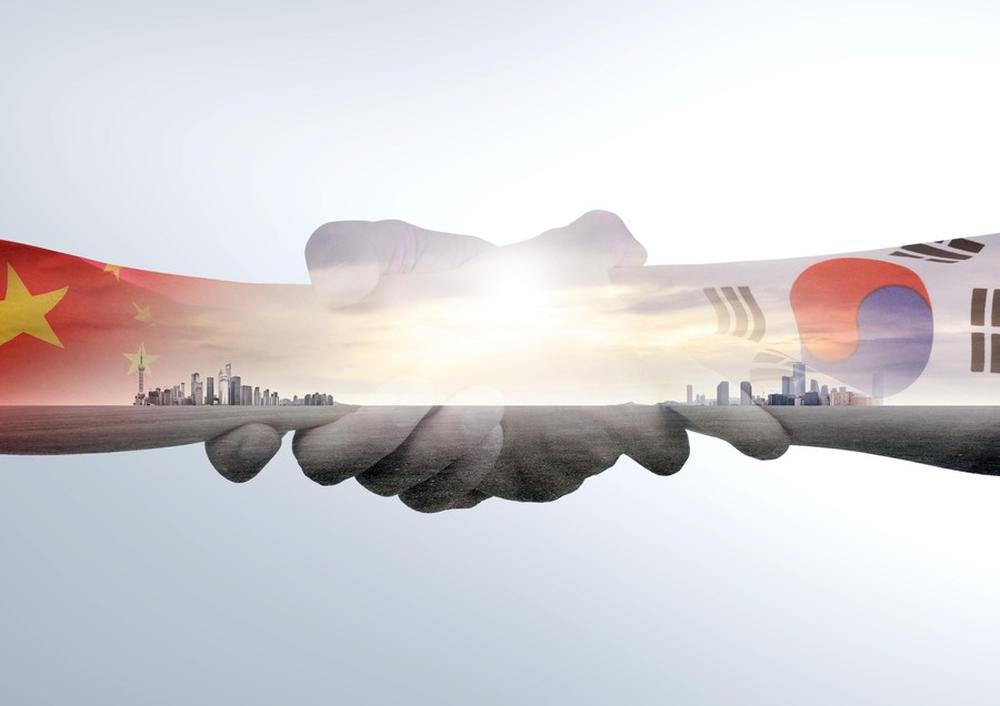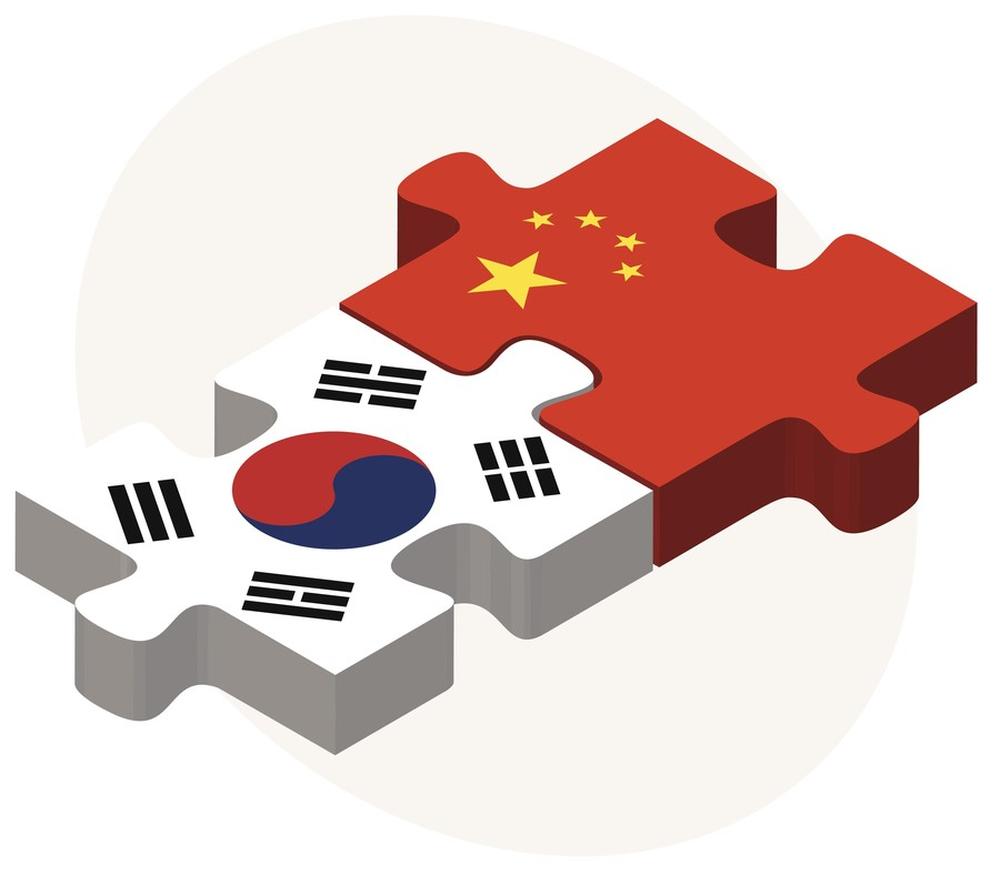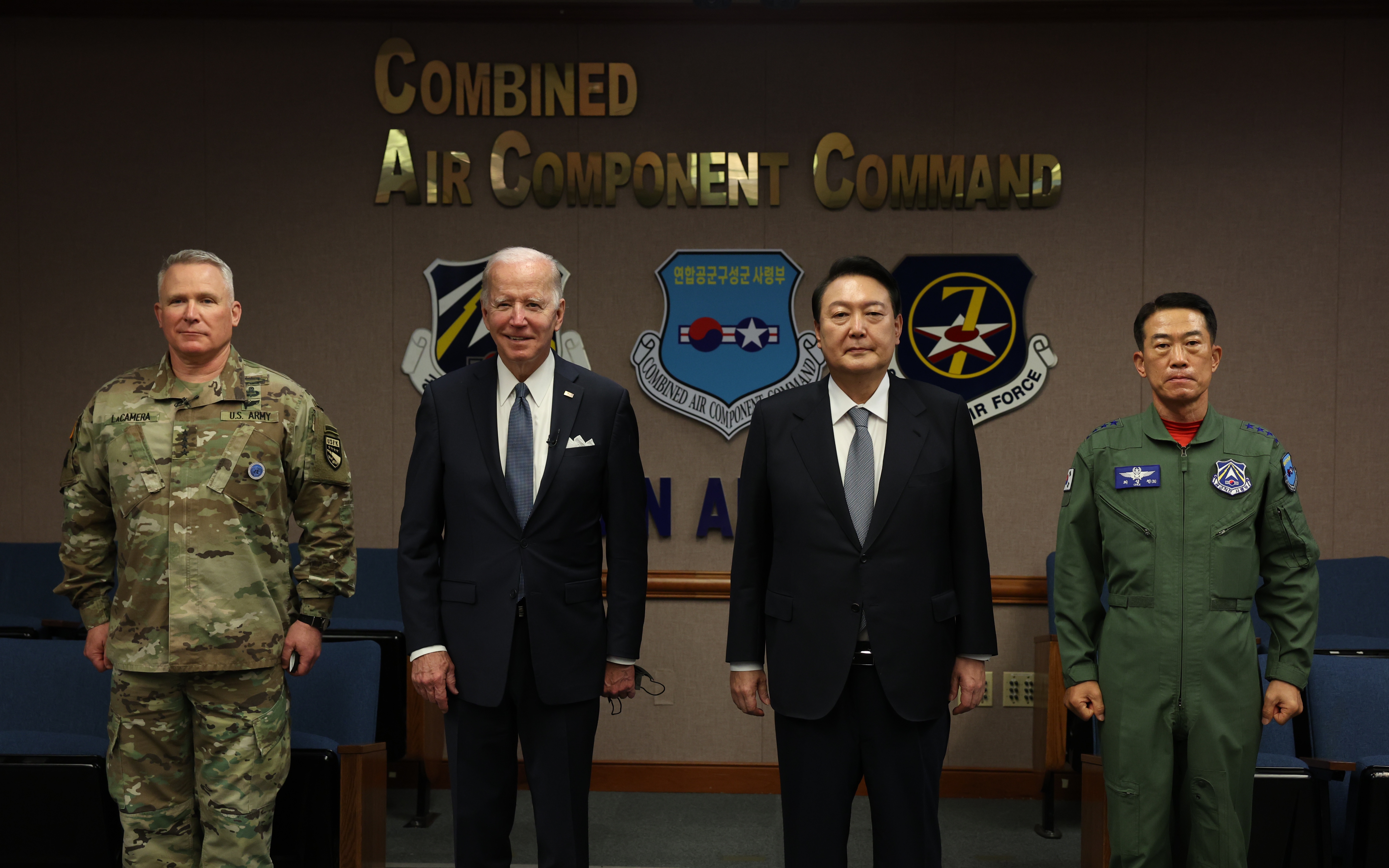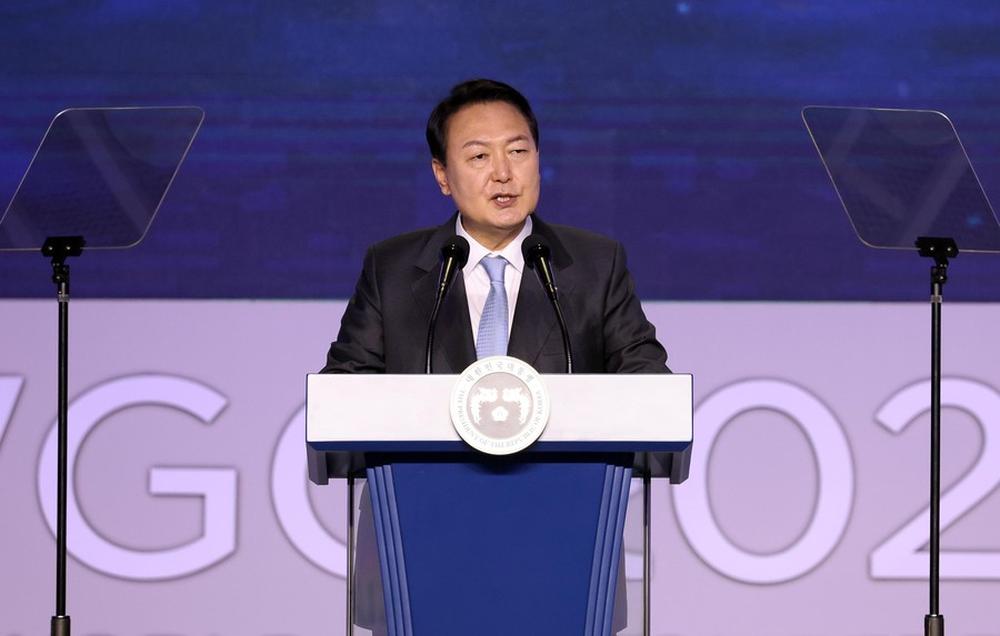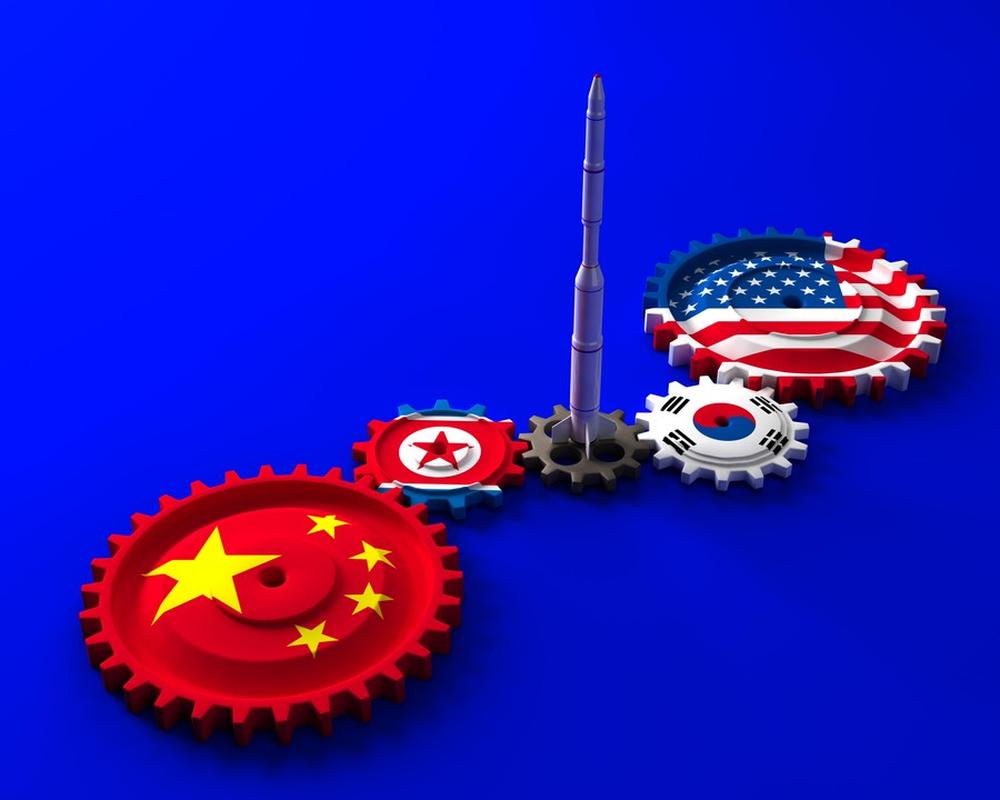- #Global Issues
- #Inter-Korean Relations
- #South Korea
- #US-ROK Alliance

► The Yoon administration has to overcome hurdles under the divided world to create a global pivotal state.
► Simultaneously preserving stable relations with neighbors and playing a leading role in the redesign of international politics through consolidated solidarity will serve as the key puzzle confronted by the Yoon administration.
On May 10 of 2022, a new administration took power in South Korea, facing a steep road ahead in terms of two levels of deadlocks: the intranational and the international. On the intranational level, presidential candidate Yoon Suk Yeol narrowly won over the ruling party candidate by 0.73% – a gap that is expected to grow much more partisan and divided. Winning an election is hard but winning integration is even harder. To top it off, the Yoon administration remains strongly checked by the Min Joo Party of Korea, the major opposition party. The state of domestic politics remains disadvantageous to the new administration. In this vein, the administration needs to not only adopt an inclusive and humble attitude, but also come up with a raft of detailed and polished policies to both be supported by the public and cooperate with the opposition party.
In addition to the intranational hurdles, the international arena also remains tough and uncooperative. Before Russia invaded Ukraine, the international environment was already deadlocked due to the intensifying strategic competition between the U.S. and China, dubbed the New Cold War. Amid the friction, Russia’s invasion of Ukraine converts this New Cold War into the New Cold War 2.0. What is noteworthy is that the New Cold War 2.0 remains even more deadlocked. The Ukraine war and its resulting geopolitical risks in Eurasia have forced international cooperation to become much harder and foreign policies to become entrapped in the zero-sum logic. In the wake of these outcries, North Korea has begun to take advantage of the New Cold War 2.0 mechanism by criticizing the U.S. instead of Russia in its intention to be officially recognized as a nuclear power.
These two levels of deadlocks make it harder for the new ROK (Republic of Korea) administration to achieve fruitful outcomes. At the same time, seizing the initiative of Korea’s foreign relations under the stern mindset of a dignified state could help overcome these deadlocks. A “global pivotal state” is well placed to address this quagmire and could pave the way for making progress. A global pivotal state is characterized by clarity, boldness, cooperation, peace, freedom, and prosperity.
First, inter-Korean relations are likely to be constructed more delicately. One of the key agendas would be the denuclearization of North Korea. Despite efforts to make peace over the last five years, North Korea instead intensified its nuclear capability and is currently preparing for its 7th nuclear test. The Moon administration chose to engage in cooperative policies towards Pyongyang in hopes of denuclearizing North Korea – yet unfortunately so, this ended in failure. The new administration appears to be determined to take a different approach: once Pyongyang signals its will to be denuclearized, Seoul would cooperate with it in many areas such as economic support. Moreover, since the Yoon administration stresses values such as freedom, it is likely to raise the issue of human rights violations in North Korea. Despite the divided politics of politics versus humanitarian aid, the Yoon administration is willing to support North Korea in managing its recent COVID-19 outbreak. How North Korea reacts to these two different approaches could have an impact on inter-Korean relations in the foreseeable future.
Second, ROK-U.S. relations are expected to become more cohesive. The new administration appears to distance itself from the Moon administration’s prioritization of North Korea. Strengthening the alliance could be the first step in showcasing this new stance. Under the ROK’s previous administration, a comprehensive strategic alliance between South Korea and the U.S. ceased to function substantially and remained merely symbolic. Thus, the new administration will strive to restore the alliance substantially. In an effort to fulfill this goal, the new administration has committed to participate in working groups of the QUAD (Quadrilateral Security Dialogue) and determined to join the U.S.-led IPEF (Indo-Pacific Economic Framework). President Yoon has stressed “freedom” 35 times in his inaugural speech, implying South Korea’s strong solidarity with other liberal democracies. A more cohesive ROK-U.S. alliance may further promote this global solidarity.
Third, the strengthening alliance with the U.S. may take a toll on ROK-China relations. More rising challenges would be remnants of a low-profile policy towards China taken under the previous administration. Moon’s stance of ‘strategic ambiguity’ failed to deliver balanced diplomacy between the U.S. and China. Such strategic ambiguity resulted in the estrangement of ROK-U.S. relations and tilted ROK towards China. Despite this, Beijing remained reluctant in lifting THAAD (Terminal High Altitude Area Defense) retaliations and compelled Seoul to comply with ‘Three Nos.’ The Yoon administration is keen on resolving such bizarre relations with a new focus on mutual respect. With this new approach, it may be possible to achieve progress and cooperation with China. The new administration sees China as both a geopolitical neighbor in need of continued economic cooperation and a key player in denuclearizing North Korea. Such motivations may pave the way for improved ROK-China relations.
Fourth, the launch of the ROK’s new administration serves as a strategic momentum to reconsider the deadlocked relations between Seoul and Tokyo. The Yoon administration wishes to revive the spirit of cooperation that was declared jointly in 1998 by then-ROK president Kim Dae-jung and Japanese prime minister Keizo Obuchi. The Yoon administration is eager to normalize its relations with Japan, which had remained frozen over the last five years. As President-elect in April 2022, Yoon showed his willingness to patch bilateral relations by sending his delegation to Japan. In response, Tokyo dispatched the Minister of Foreign Affairs to the President’s inauguration. The revival policy would be influenced by two levels of factors. On the intranational level, the Korean civil society will carefully monitor how this policy will have a synergic impact on Japan’s position in history. On the international level, the outcome of the new administration’s proposed policy will turn to Japan’s willingness to cooperate with Korea and the U.S.’s mediating role.
Fifth, the vision of a global pivotal state will spur South Korea to enhance its foreign relations with other states under the initiative of willingly taking more diverse roles in a global arena beyond the Korean Peninsula. A number of states including European countries are keen on consolidating their relationship with a developed and strong Korea. Thus, South Korea’s prestige encourages Seoul to seize the initiative of improving relations with other nations.
The Yoon administration has to overcome hurdles under the divided world to create a global pivotal state. The new government has adopted a policy of economic security that has mattered to national interests in the New Cold War 2.0. Meanwhile, joining a new global supply chain is most likely to estrange South Korea from revisionist authoritarian states like China and Russia. Thus, how to preserve its stable relations with these states and simultaneously play a leading role in the redesign of international politics through making more consolidated solidarity with other democracies will serve as the key puzzle that the Yoon administration is confronted with. Furthermore, how to coordinate and cooperate with other states that have become less passionate to denuclearize North Korea will be a significant factor in the functioning of South Korea as a global pivotal state. Meanwhile, North Korea has recently bolstered military and nuclear provocations by fielding a series of missiles and declaring the possibility to use nuclear weapons preemptively. Thus, Seoul needs to pay tremendous attention to both bolstering its own deterrent capability as well as highlighting extended deterrence with the support of the U.S. Simultaneously, the new administration should unleash a detailed plan to entice Pyongyang to sit on the negotiation table. Thus, along with sterner deterrence, how to kick off the negotiation process to denuclearize North Korea remains a tricky puzzle but a key question. In a nutshell, the two levels of deadlock are putting pressure on the Yoon administration’s road ahead but could be converted into a promising road if it sticks to its vision of becoming a global pivotal state.
Dr. Kil Joo Ban is a Director of the Center for Security Studies, CIS (Center for International Studies), Inha University. His research areas are the U.S.-China competition, Asian security, alliance, military strategy, and middle power politics. He has published 6 books including 2 co-authored books and written around 50 academic articles. Recent articles are “Arms Control Dialogue or Gray Zone Talks? Pitfalls of the Discourses of Denuclearization of the Korean Peninsula and Nuclear Arms Control,” Pacific Focus (2022), “Lopsided Security on the Korean Peninsula: North Korea’s Gray Zone Evolution from Balance of Insecurity to Imbalance of Terror,” Asian Survey (2021), and “Aircraft Carrier Balancing in Northeast Asia and South Korean Carrier Program: Power, Threat, and Function,” The Korean Journal of Defense Analysis (2021). He has a Ph. D. in Political Science from Arizona State University (2011).
